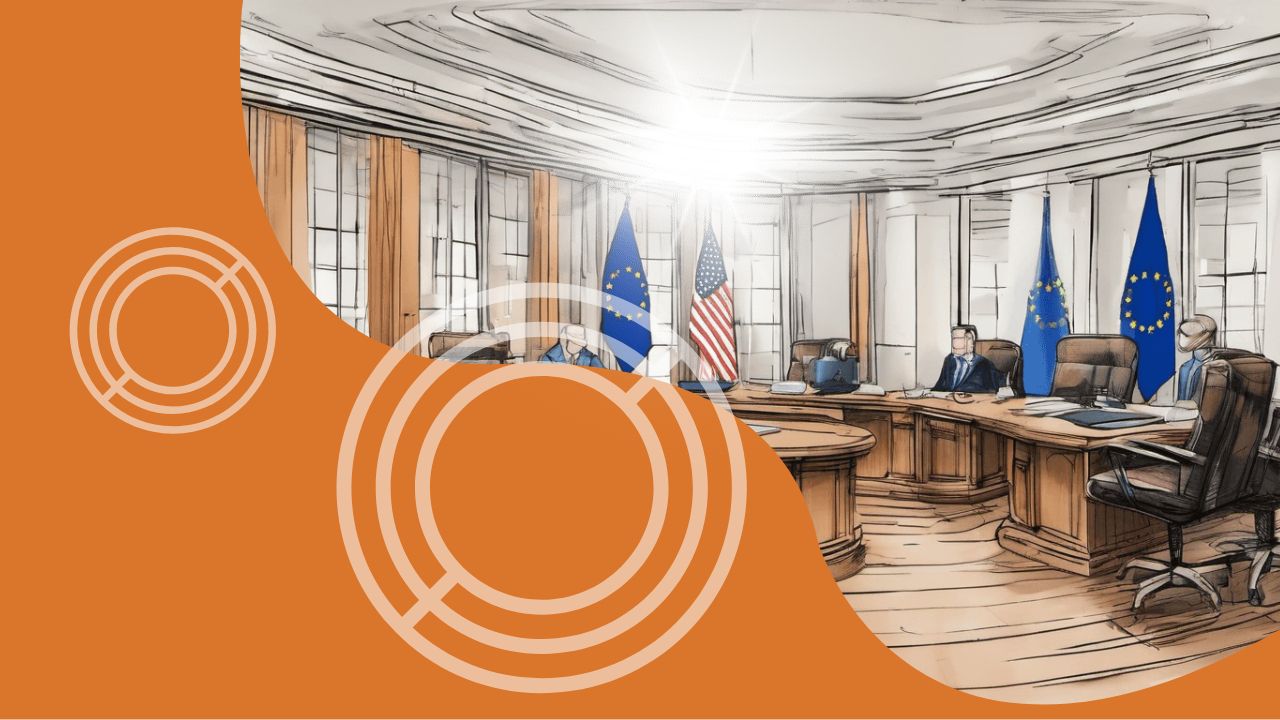Transatlantic allies recently convened in Belgium to discuss trade and technology. Unfortunately, their efforts to reach an accord on critical mineral supply chains fell short this week. The final draft statement acknowledges that the transatlantic allies are “advancing negotiations toward a critical minerals agreement,” but it does not constitute a finalized deal. An earlier version of the statement had left room for an “agreement in principle.”
Despite this setback, both the US and EU remain hopeful about reaching an agreement later this year, especially before the upcoming elections on both sides of the Atlantic. However, their attempts to conclude an agreement have faced challenges. The EU has pointed out that the US’s terms are more demanding than those it required from Japan in a similar arrangement, particularly concerning labor rights across supply chains.
The European Commission has not yet responded to requests for comment, while the US Trade Representative’s office acknowledges that there is still work to be done. The negotiations aim to deepen the clean energy partnership between the US and the EU, ensuring access to sustainable and trusted sources of critical minerals. Such an agreement would allow European companies to benefit from green subsidies under President Joe Biden’s Inflation Reduction Act, supporting clean-energy projects in North America.
While a minerals accord would be akin to a free-trade agreement, it may not fully cover recycled critical minerals or address certain provisions. Nevertheless, it would enable electric vehicles containing EU-extracted and processed critical minerals to qualify for IRA subsidies.
In 2022, the EU exported €8.6 billion ($9.26 billion) worth of key minerals to the US. As discussions continue, this week’s trade and technology meeting is expected to focus on various issues, including 6G, quantum computing, semiconductors, bio-technologies, gender-based violence prevention online, disinformation combat, and principles governing artificial intelligence. The goal is to establish a foundation for ongoing collaboration beyond this year’s elections.


